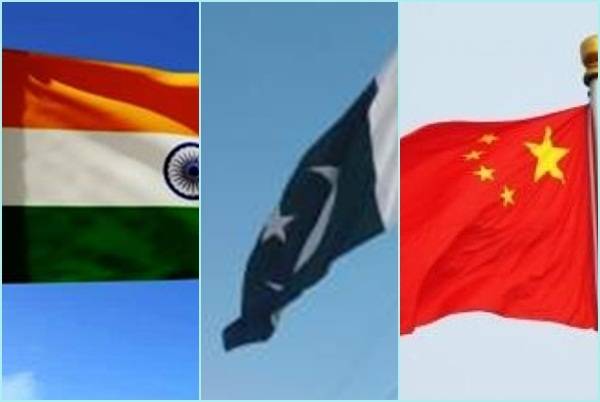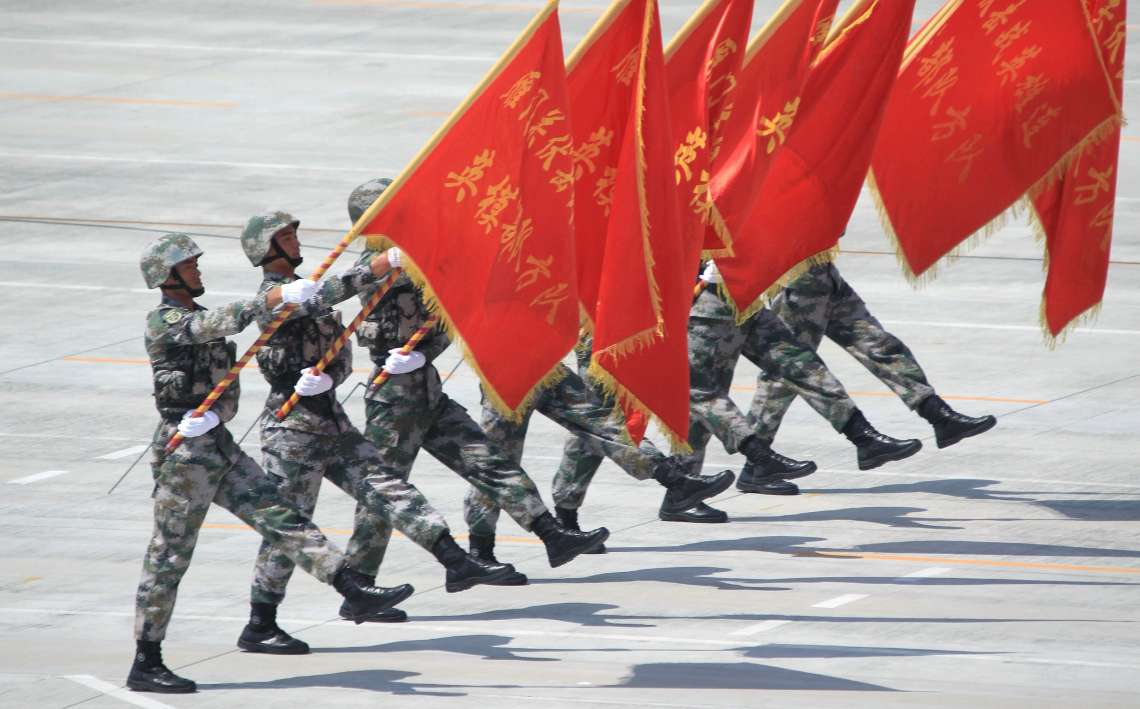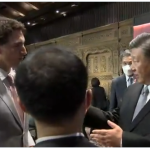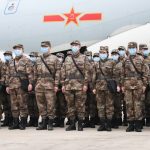Interestingly, China has thrice changed its military commander for the Western Theatre Command, which is responsible for borders with India…reports Asian Lite News
China and Pakistan have changed their military commanders overlooking the borders with India after the Taliban completely took over Afghanistan.
Top sources said that threats along the borders with China and Pakistan have also increased manifold as foreign terrorists would make attempts to enter into India to unleash unrest.
Interestingly, China has thrice changed its military commander for the Western Theatre Command, which is responsible for borders with India, in the last nine months.
“These moves are definitely a matter of concern for India,” said a senior government official, adding that the resolution of disputes along the borders with these two countries would be nowhere in near future.
On Tuesday, Pakistan appointed Lieutenant General Azhar Abbas, who was responsible for the security of the Line of Control (LoC) with India, as the next Chief of General Staff. The post is considered the most influential position within the army after the Pakistan Army chief. Chief of General Staff looks after operational and intelligence matters at the General Headquarters with the directorates of Military Operations and Military Intelligence.
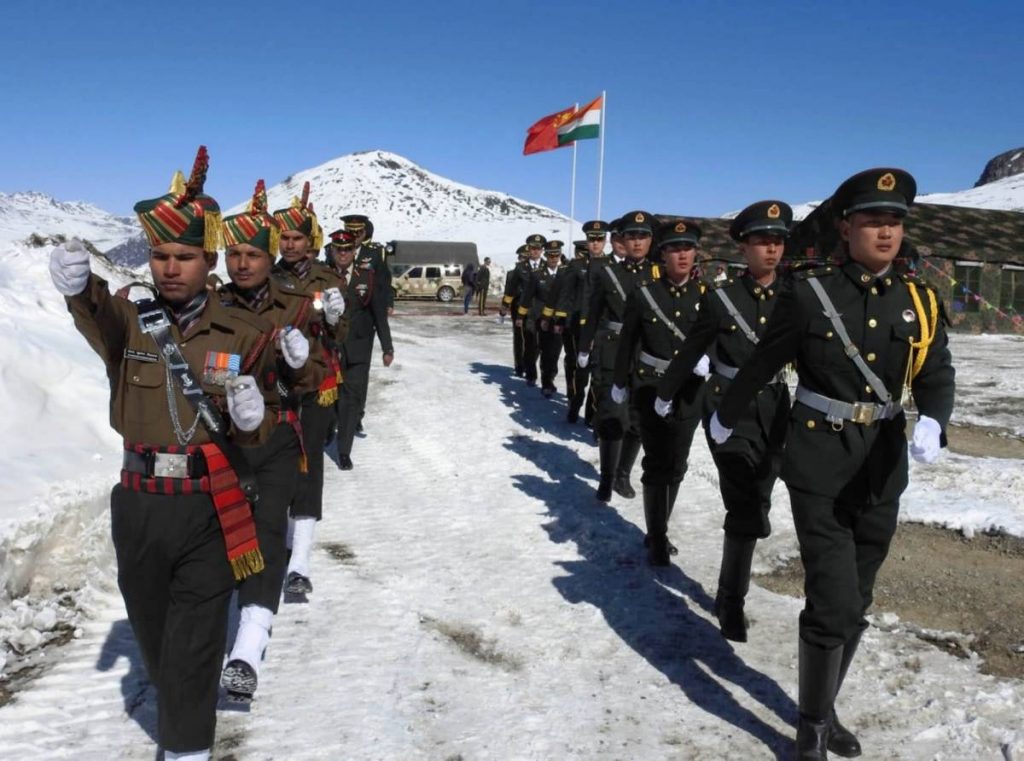
Lieutenant General Sahir Shamshad Mirza has been posted as the Commander of Rawalpindi Corps and Lieutenant General Muhammad Chiragh Haider has been given the responsibility of the Commander of Multan Corps, which is one of the main strike Corps of the Pakistan Army.
Rawalpindi Corps looks after the Line of Control (LoC).
The changes took place after Pakistan’s Inter-Services Intelligence (ISI) chief Lieutenant General Faiz Hameed met Taliban leader Mullah Abdul Ghani Baradar recently. Baradar, the co-founder of Taliban, has been made the Deputy Prime Minister of the Taliban government in Afghanistan.
On Monday, Chinese President Xi Jinping appointed General Wang Haijiang as the Commander of the Western Theatre Command of the People’s Liberation Army.
The Western Theatre Command oversees the Xinjiang and the Tibet Autonomous Regions, as well as the borders with India.
General Wang Haijiang, 58, replaced General Xu Qiling, 59, who was only promoted in July this year to head the Western Theatre Command.
Earlier, General Xu replaced General Zhang Xudong, 59, in July who was appointed around mid-December last year to head the command, replacing 65-year-old Gen Zhao Zongqi who retired from the PLA.
It is not yet clear what will be the new role of General Xu Qiling and General Zhang Xudong, both still in service, after being relieved from the Western Command.
Seeing a change of guard on northern and western borders, the Indian military has enhanced security apparatus along the borders apart are making strategic changes.


